The Supreme Court decided to hear a batch of pleas challenging the Karnataka High Court`s decision to uphold the prohibition on the hijab in educational institutions next week. Chief Justice of India, NV Ramana, said it will be listed next week before an appropriate bench.
The matters were last addressed before justice Ramana on April 26. Following that, the CJI stated that he would take into consideration setting a date for the hearing. However, the matter was not listed soon. Consequently, between May 23 and July 10, when it was closed for the summer, the high court`s vacation benches handled the majority of the urgent cases.
When the petitioners` attorneys requested an urgent hearing of their appeals to challenge the Karnataka high court`s March 15 ruling, the CJI declined to set a date for hearing these cases on two separate occasions in March.
Senior attorneys Sanjay Hegde and Devadatt Kamat pleaded with the court to urgently list the case on March 16, but the CJI chose not to announce any date of hearing. While Kamat represented another student, Aishat Shifa, Hegde appeared on behalf of Niba Naaz, a female student.
On March 24, justice Ramana once more rejected to set a hearing date, stating that cases involving the hijab ban have nothing to do with school exams and that the issue should not be sensationalized.
A full bench of the Karnataka high court, on March 15, declared that wearing of hijab is not mandatory in Islam. It upheld the ban on the headscarf imposed by the state government in schools and colleges through a February 5 executive order which led to massive protests and counter-protests across the state and in several other cities across the country.
The high court’s three-judge bench, headed by chief justice Ritu Raj Awasthi, held that the Quran does not mandate wearing of hijab for Muslim women and that the attire “at the most is a means to gain access to public places” and a “measure of social security”, but “not a religious end in itself”.
As it suspected "unseen hands at work to foment social disturbance and disharmony in the state," the high court also supported a "speedy and effective" investigation into what sparked the hijab debate in Karnataka.
The high court upheld the state government`s right to impose uniform in educational institutions under the Karnataka Education Act while stating that "adherence to dress code is a mandatory for students," dismissing a number of petitions filed by some girl students who argued that wearing the hijab was their religious right protected under the Constitution.
The Honorable High Court neglected to mention that Article 19(1)(a) of the Constitution protects the right to wear a hijab because it falls within the category of "expression." It is argued that the freedom of expression protected by Article 19(1)(a) of the Constitution includes matters of dress and appearance.
A day following the high court`s decision, Aishat Shifa, another petitioner there, also filed an appeal with the Supreme Court. On March 16, when the court indicated it would consider the plea but did not schedule the cases for hearing, Kamat highlighted the appeal by students of PU College in Udupi, the focal point of the original protests seeking to wear the hijab, for an immediate hearing.





-20260107111805.webp)

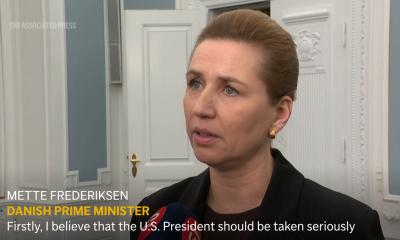
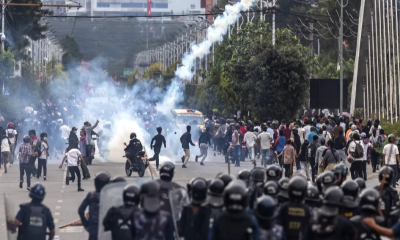
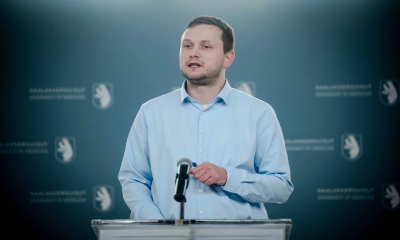
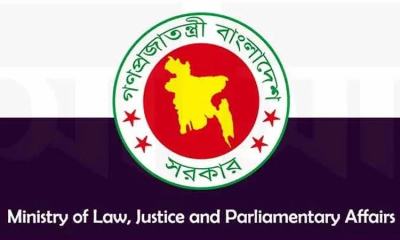


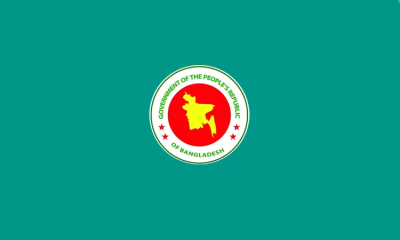

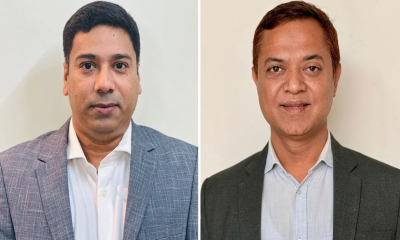
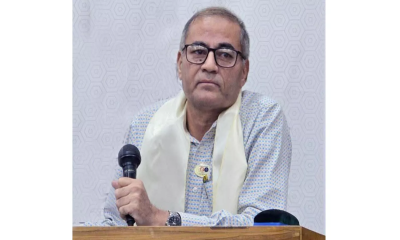
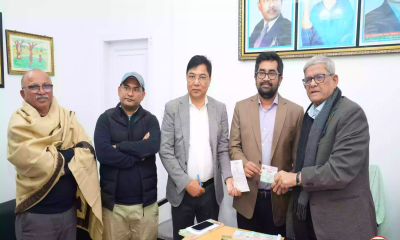

-20260107070753.jpeg)
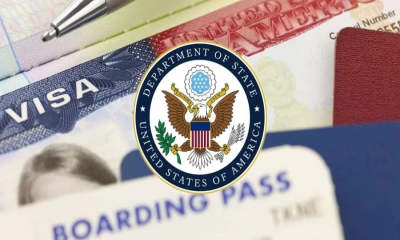
-(2)-20260102070806.jpeg)


-(25)-20251122062715-20260105041159.jpeg)
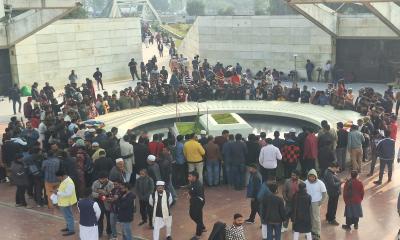

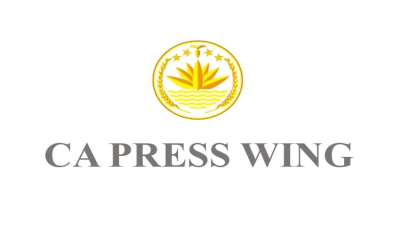
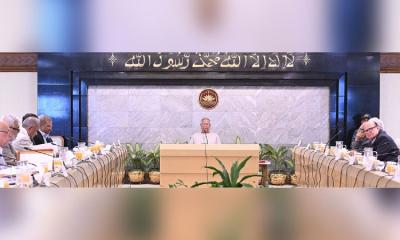

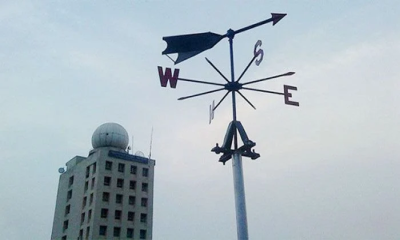

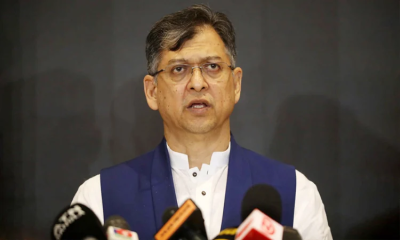
-20260103102222.webp)

